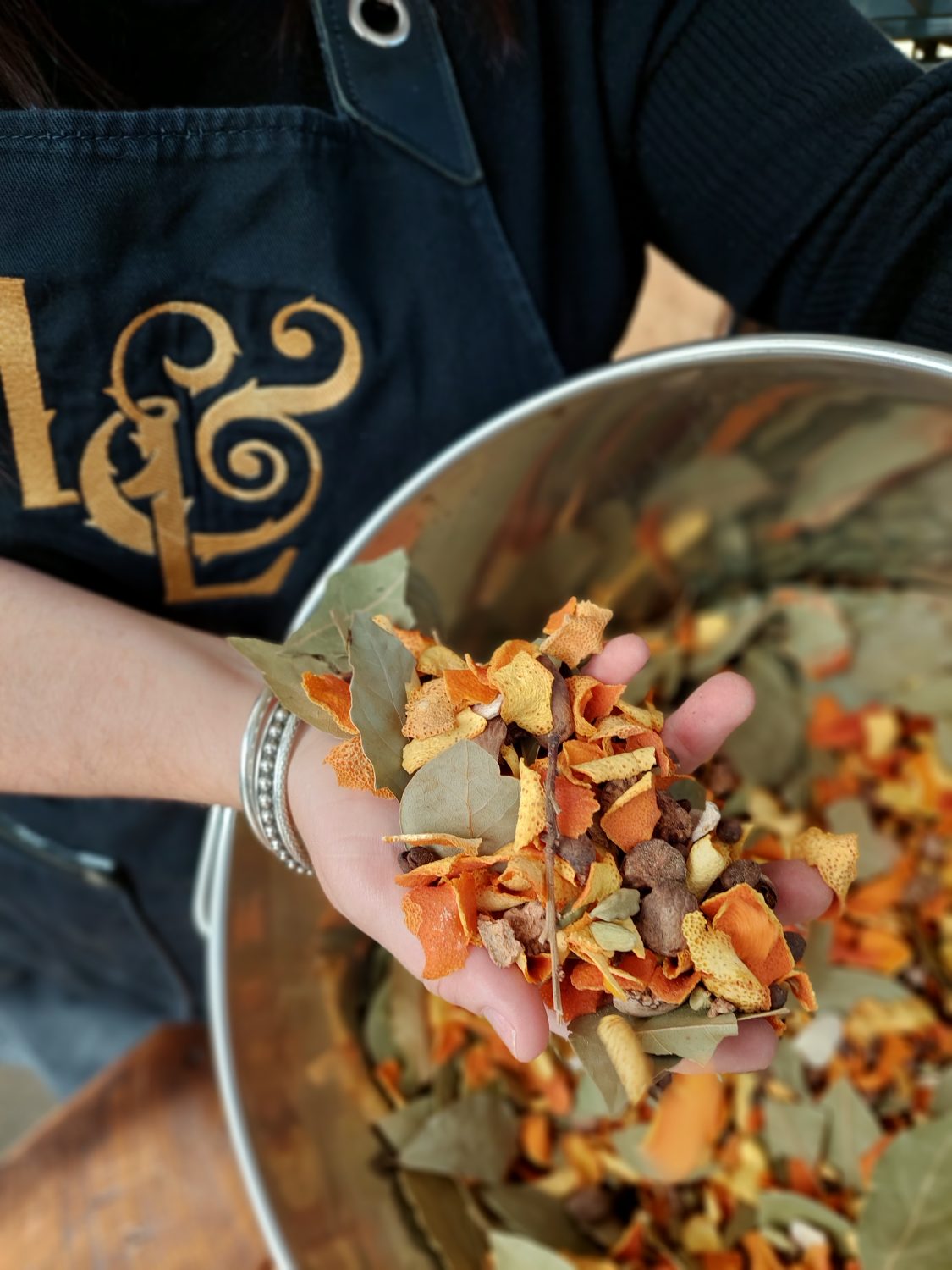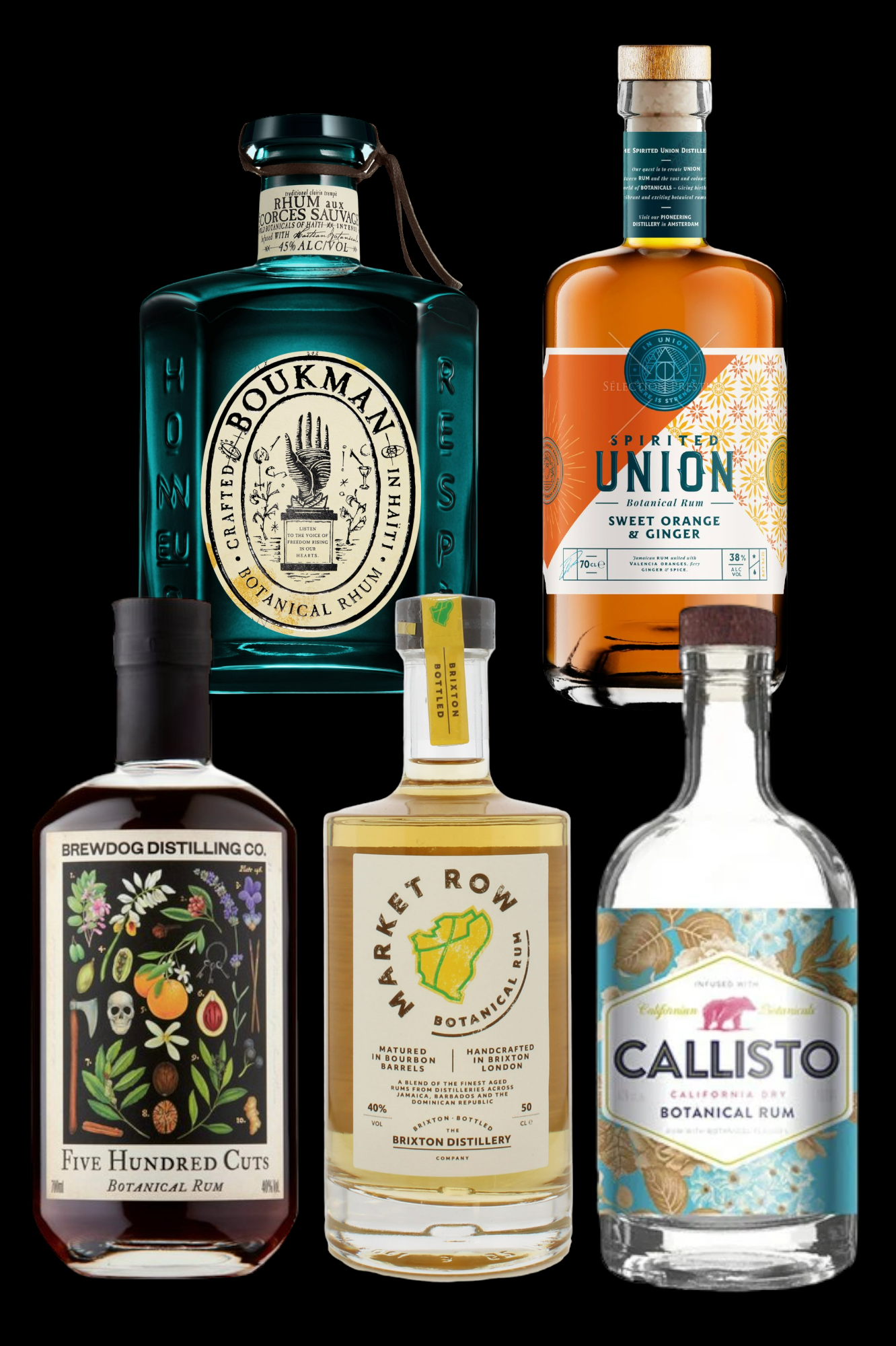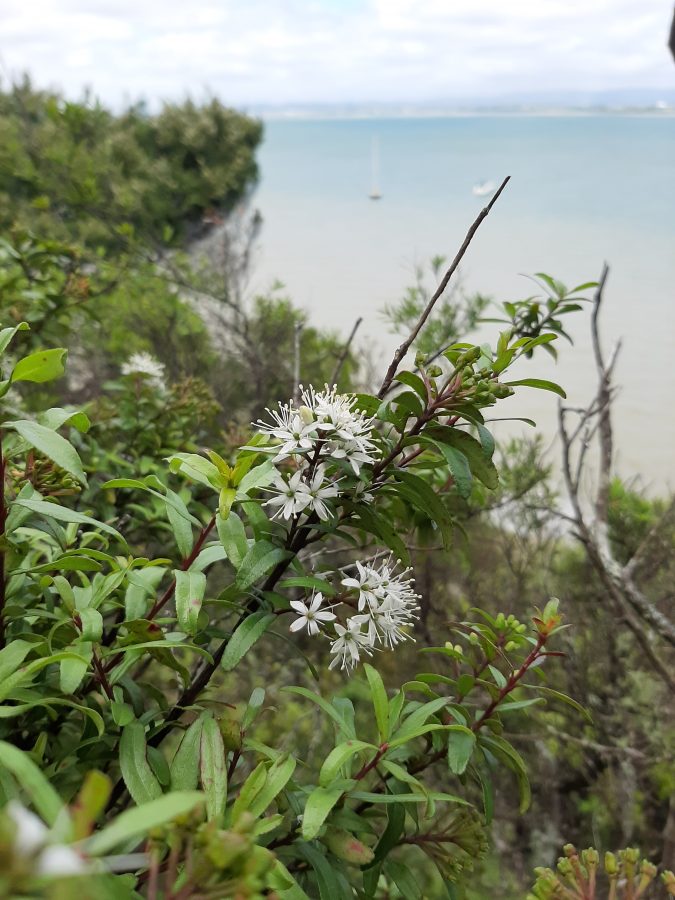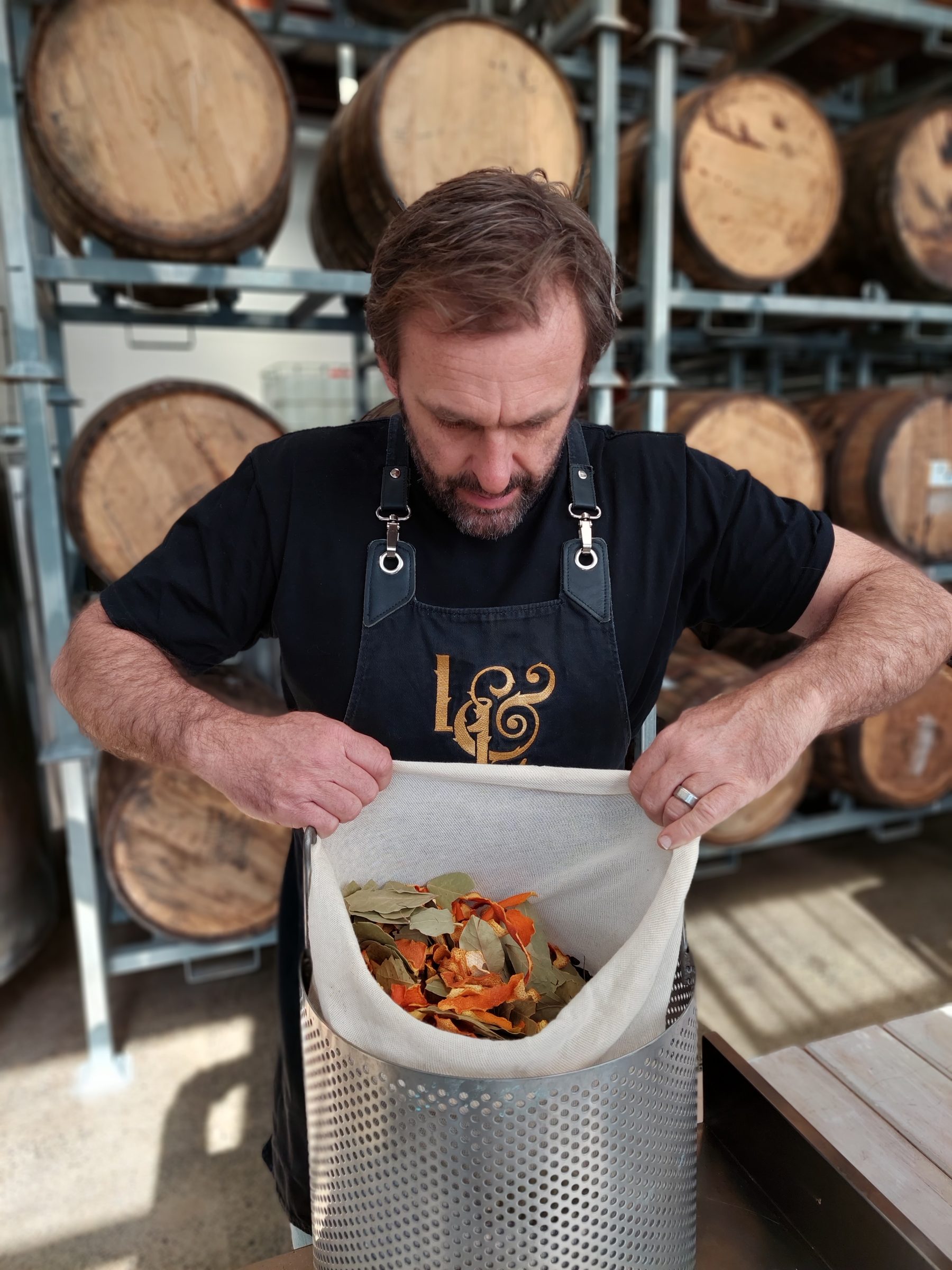
Botanical rum seems to be cropping up everywhere these days. It’s star is on the rise on the rise and it’s proving to be an attention grabbing moniker for new distillery products and intriguing to a curious public. A quick scan of the medal results at this year’s NZ Spirit Awards shows no less than five entries describing themselves thus and over on the other side of the Tasman I see that the forthcoming Australian International Rum Awards even have a category devoted to it.
But, what exactly IS it? If only I had a bottle of the newly released Appleton’s Legend 17 yr old (USD $500 a pop!) for every time I’ve been asked, then I’d be able stop worrying about selling rum and and just make it for fun. To be clear, there is no official description of any kind in any jurisdiction, as far as I am aware. With this in mind, here are a few thoughts on the matter that may help clear things up. Or possibly, confuse things even more.
Before going much further, let me state quite clearly that I am in no position to declare myself the arbiter of what should and shouldn’t be named Botanical rum. As a producer of said style of rum, I clearly have a vested interest and who am I to dictate what others do? This blog entry is purely my attempt to flesh out some thoughts and also to lay down a potential direction for this emerging category that I can only hope will influence others and prompt them to make good, transparent choices in developing their own products.
I also feel I should probably give a nod to the purists out there who feel that if it’s had anything added, it shouldn’t be called rum. I actually agree for the most part; if you are selling a product that describes itself as normal (traditional/pure?) rum then it shouldn’t have any additives. Having said that, rum clearly lends itself to added flavours and there is a huge market for these types of products,’so my stance is that as long as the product in the bottle is suitably labelled and it’s clear what the liquid is, then rock on.
When Lunatic & Lover was just a twinkle in the nosing glass and the notion of a “botanical” rum popped into my head, a quick google search revealed that there was at that time, only two or three smaller rum brands around the world using the descriptor. All of them, quite different and distinct from each other in terms of style, flavour and process. Fast forward a few years and in the time it took me to put a distillery together and develop a recipe for which there was no benchmark or instruction booklet, and there are now more and more rum brands appearing on the shelves proudly declaring themselves as botanical.

Whilst some of these are excellent, well crafted products, there are others that are clearly a cynical marketing attempt to hitch a ride on the coattails of gin’s meteoric rise over the last few years. Although there is a long history of many other spirits using botanical elements (Absinthe anyone?) I suppose it’s gin we must thank for bringing the term into common parlance and becoming more widely comprehended to the point where it’s slapped on just about every kind of food, beverage or cosmetic product one can imagine!
To dig into the root of the word, botanical simply means “of, or relating to plants”. By that definition, all rum being made from sugar cane derived sources is technically a botanical spirit. But that’s not very helpful in our case, so let’s define that further by saying that the rum itself needs to have its own flavour and aroma modified in some way by the addition of one or more botanical ingredients. By this measure, many spiced rums would be included although I would draw the line at those that used essences or artificial flavourings to achieve their ends.

This is something of a sticking point as many commercially available flavourings could technically be described as natural as they are derived from natural sources. For a quick trip down this rabbit hole see:
https://sitn.hms.harvard.edu/flash/2015/the-flavor-rundown-natural-vs-artificial-flavors/
I may be wrong, but I don’t think anyone wants secretion from Beaver anal glands in their rum! Besides, Castoreum wouldn’t be considered Botanical as it’s not derived from a plant so its a little outside of the scope of this discussion.
There’s also the question of how these flavourings are brought into the spirit. Here, we choose to do everything via distillation because we love the brightness and intensity that comes with this method. Different botanicals respond differently to different techniques, so we use a combination of steeping, maceration and most importantly vapour infusion to obtain the profile we’re looking for. However, we do recognise that this is a technically more challenging (and expensive!) way of going about things and simply soaking the ingredients in a finished rum for a few days will yield differing results but is nonetheless valid. Perhaps, we could look again to the gin world who differentiate the two methods by using the descriptors “Distilled” or “Compound” although you won’t see many gin brands advertising that last one asit ‘s not indicative of high quality.

Next up is the thorny question of sweetening. Nothing is more likely to raise the hackles of true rum aficionados than the idea of adding sugar or glycerol to their favourite spirit. I’m firmly in the purists camp here and believe we shouldn’t be putting sweeteners in our rum. Unfortunately, this is not a view shared by many producers and the lack of clarity in rum labelling is a genuine issue within the industry. In the little product niche we’re discussing here, I feel that currently there is a real opportunity to offer a clear delineation between Botanical and Spiced by making the term synonymous with unsweetened products. This is of course, hugely naive and optimistic of me and I am fully aware that big booze won’t give a shit and will happily throw in buckets of sugar because let’s face it, in the mass market sweet stuff sells.
So, after all this chat, where does this leave us in terms of a definition?
Here’s what I suggest could be the three pillars of botanical rum and what would love to see our term come to mean:
- Proper rum base (not molasses derived neutral alcohol)
- Flavourings used must be from actual whole plant material (expressly, not essences or commercial flavourings)
- No additional sweetening
Too much to hope for? Maybe, but we should at least be having the conversation because botanical rum isn’t going anywhere soon.
Want to try some Botanical Rum? Shop here: https://lunaticandlover.com/product/gold-lunatic-lover/

 MENU
MENU
